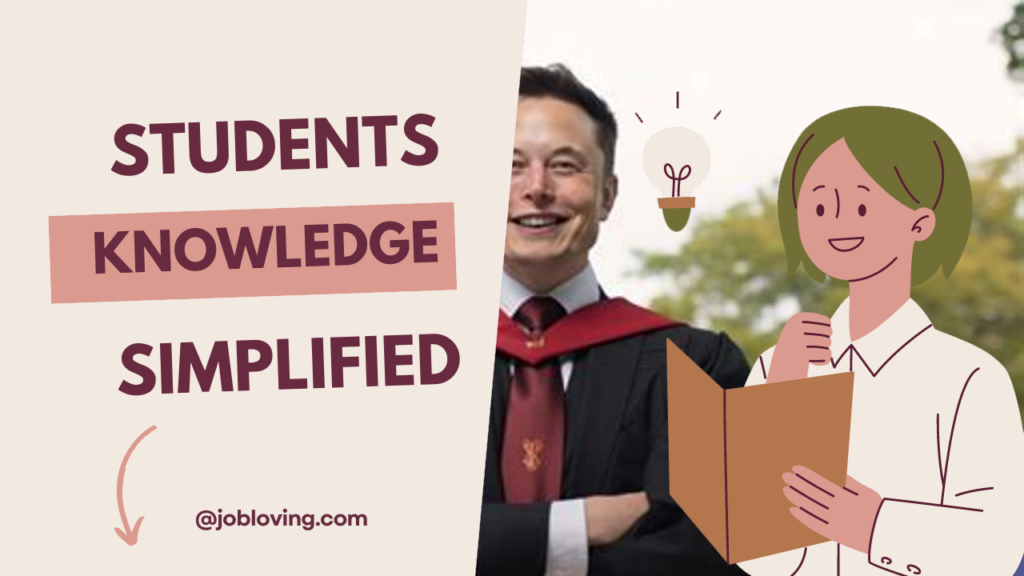If you’re curious about where the tech visionary Elon Musk honed his genius, let’s take a delightful stroll back in time to the ’90s. Musk kicked off his academic journey at Queen’s University in Kingston, Ontario, for a couple of years. Now, while many of us consider dorm life and late-night study sessions the hallmarks of college, Musk was probably doing a bit more—like laying the groundwork for his colossal future in technology and innovation.
After squeezing out all the Canadian snow and maple syrup he could handle, Musk made the significant leap to the University of Pennsylvania, a prestigious Ivy League institution nestled in Philadelphia. Buzzing with ideas about the future of tech and business, he threw himself into academia and emerged victorious with not one, but two degrees by 1997: a Bachelor of Arts in Physics and a Bachelor of Science in Economics from the esteemed Wharton School. Talk about a double whammy! It’s clear that Musk’s hunger for knowledge was insatiable, combining hard science with intricate economic theories—the perfect cocktail for a future entrepreneur.
While at Penn, Musk dabbled in more than just textbooks. He deftly balanced studies with real-world experiences, including internships at budding startups in Silicon Valley. Who would have thought that while others were engrossed in late-night cramming, Musk was mightily flexing his entrepreneurial muscles? In a true demonstration of his hustler spirit, he even organized ticketed house parties to help foot the bill for his tuition and living expenses. A lesson in creativity and survival, wouldn’t you say?
However, academic life didn’t last forever for Musk. He did venture into graduate studies in physics at Stanford University but swiftly decided to drop out just two days in. This audacious leap was pivotal; it marked his complete shift towards entrepreneurship and innovative ventures. From Zip2 to X.com—now known as PayPal, and eventually leading to SpaceX and Tesla—Musk’s collegiate experiences were the fertile soil from which these groundbreaking companies sprouted.
Interestingly, his educational saga sheds light on the importance of flexibility and seizing opportunities in one’s journey. Musk’s academic path was not solely about traditional education; it showcased a quest for diverse knowledge that fueled his intellectual curiosity and desire to change the world.
But let’s not forget, while Musk’s remarkable self-taught skills are often touted, they do not overshadow the solid education he worked hard to acquire. The dual degrees in physics and economics wasn’t just a decoration on his resume—they equipped him with analytical skills essential for navigating complex technical challenges at companies like SpaceX and Tesla.
In essence, Musk’s college years were more than just a phase—they were a profound foundation. They forged a mindset that seamlessly blended scientific principles with strategic business acumen. You can see how this eclectic background laid the bedrock for tremendous success and creativity—sparking a life dedicated to innovation and a relentless pursuit of the stars. So next time you hear about Musk’s wild ideas, remember they were nurtured by a transformative educational journey, proving that every genius has a story—a story that often begins in the halls of knowledge.
How did Elon Musk’s educational background influence his entrepreneurial ventures?
Musk’s dual degrees in physics and economics provided him with a unique foundation that combined scientific principles with economic strategies, crucial for his innovative approaches in technology and business. His time at the University of Pennsylvania, in particular, helped him develop analytical skills and fostered networking opportunities that were instrumental in his entrepreneurial journey.
What role did adaptability play in Elon Musk’s academic choices?
Musk’s decision to transfer between universities, from Queen’s University to the University of Pennsylvania, showcases his adaptability and pursuit of better opportunities aligned with his goals. This flexibility in his educational path reflects a strategic mindset aimed at maximizing his potential for success.
How did Musk’s brief experience at Stanford University shape his career trajectory?
Leaving Stanford after just two days to pursue entrepreneurial ventures marked a pivotal moment in Musk’s career. This decision underscored his focus on practical experience and innovation over traditional academic paths, leading to the founding of successful companies like Zip2 shortly thereafter.
In what ways did Musk’s early academic experiences contribute to his later achievements?
Musk’s diverse educational experiences, including self-teaching programming and attending multiple prestigious institutions, laid a strong foundation for his later successes in various industries. His ability to integrate knowledge from physics and economics has been pivotal in driving advancements at companies like SpaceX and Tesla.

